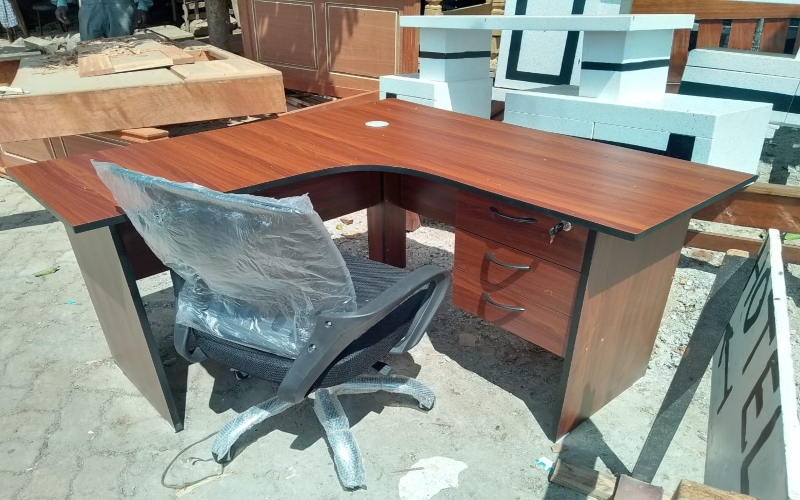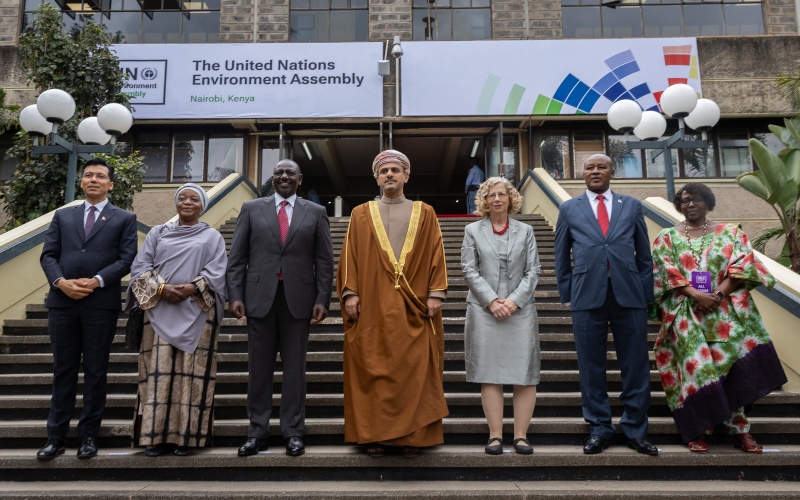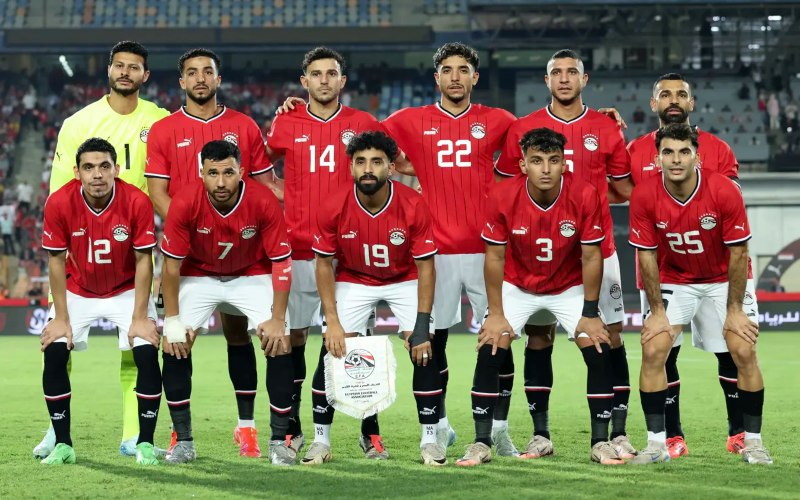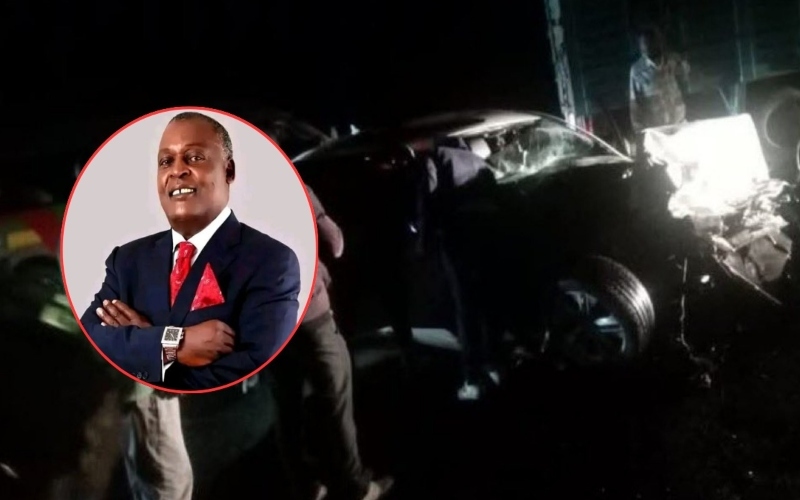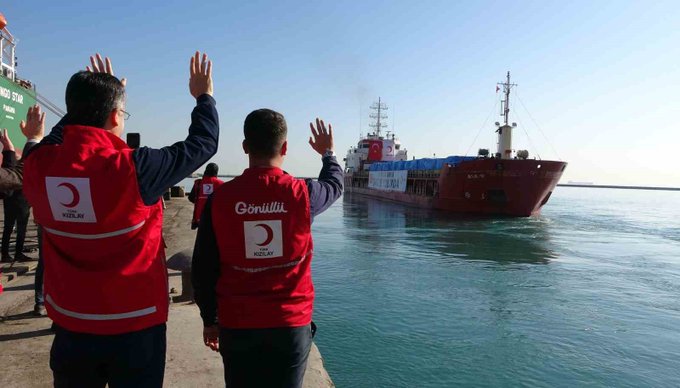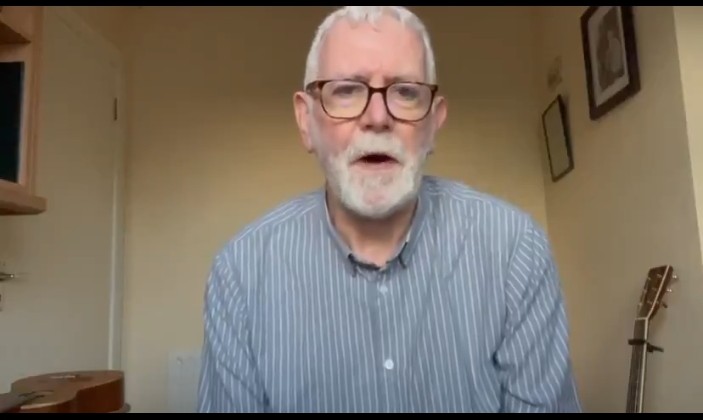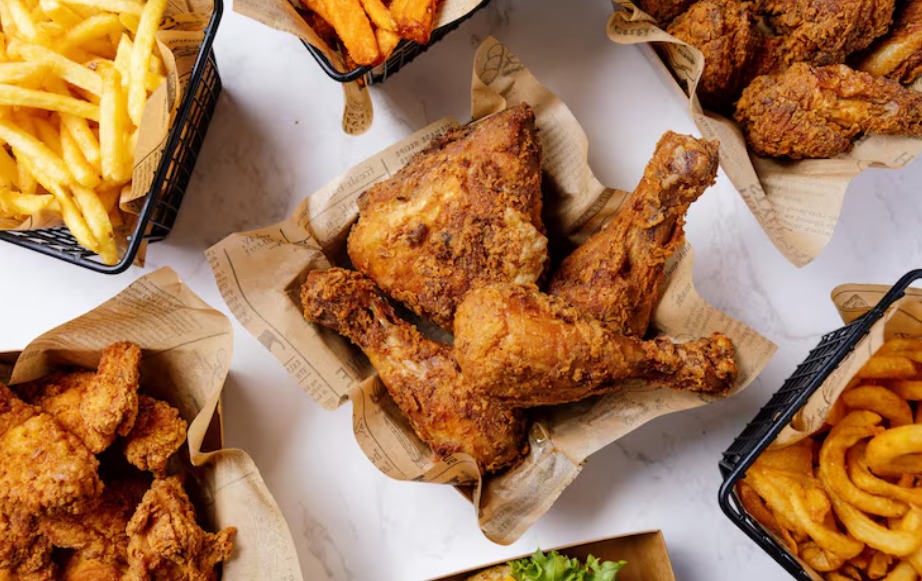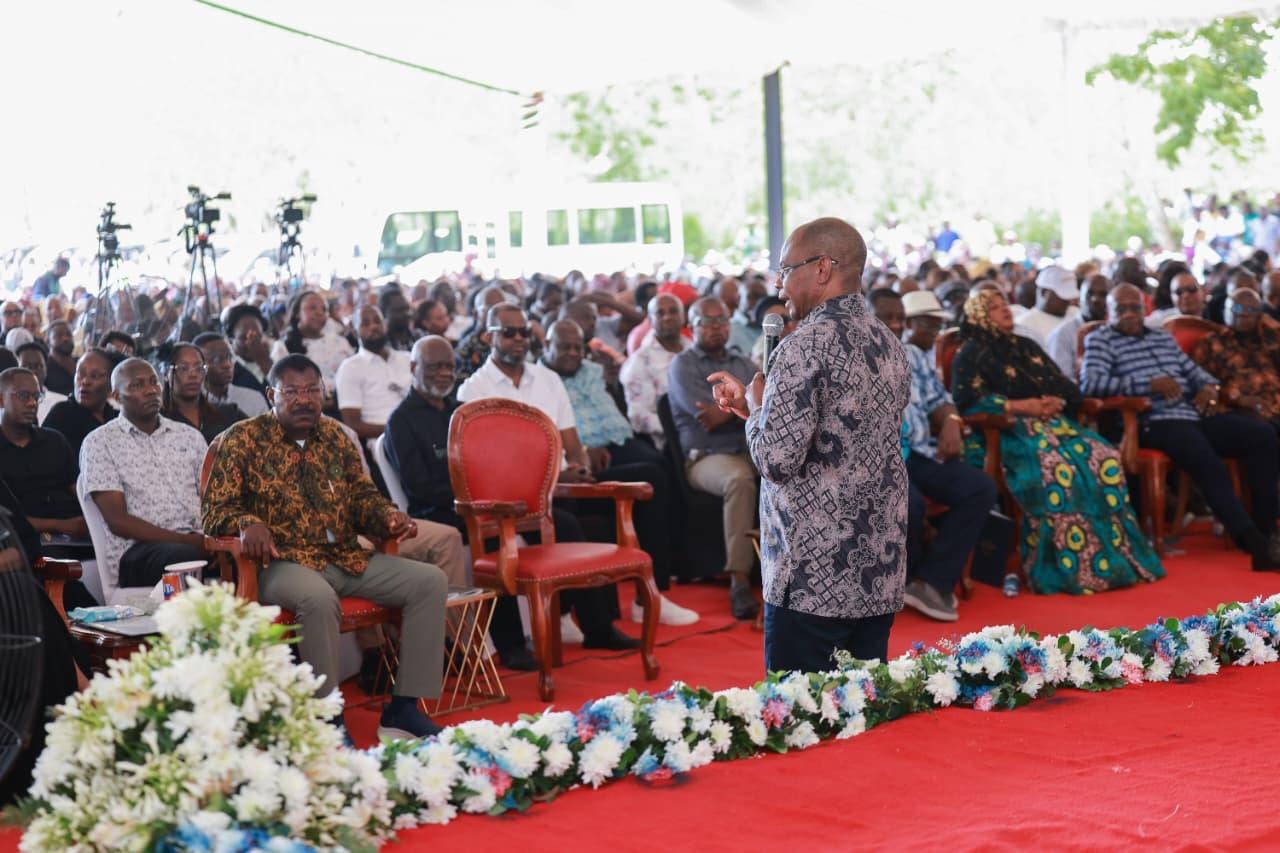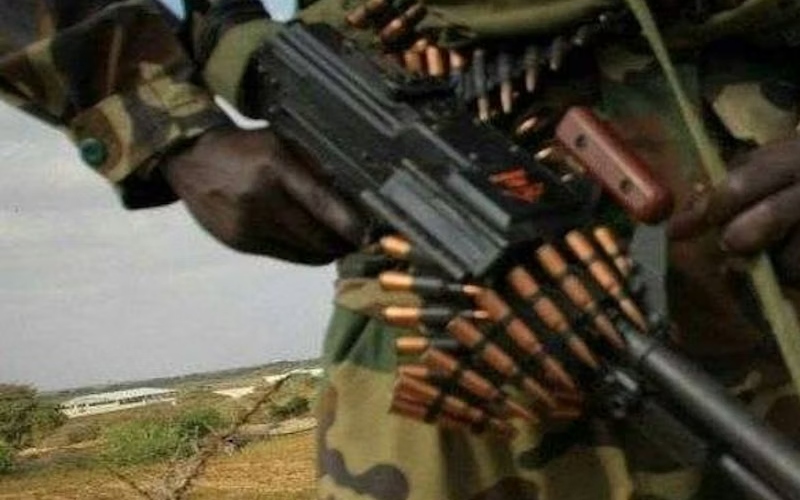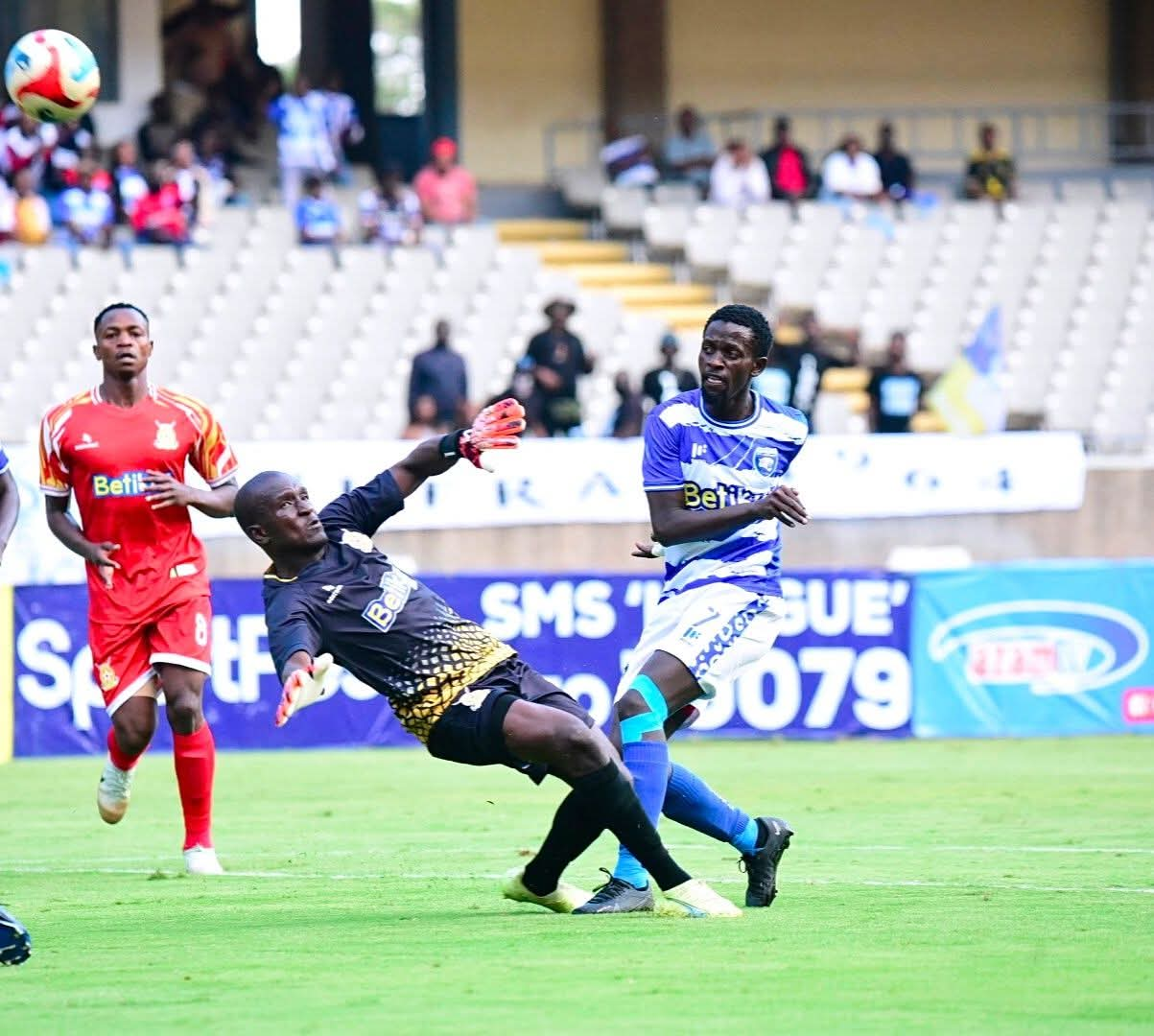Ruto courts Angolan President Lourenço for support ahead of AUC chairperson's election
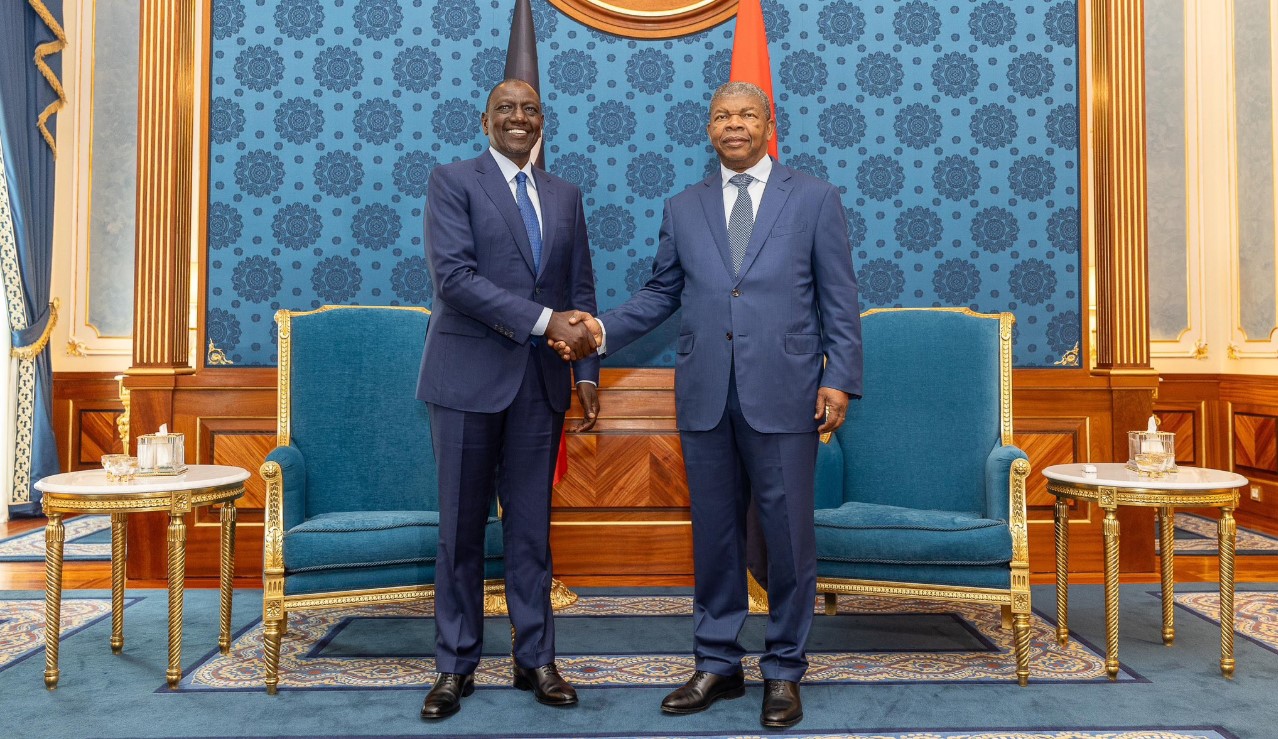
On his way back from Ghana where he attended President John Mahama's inauguration, Ruto made a brief stop in Luanda for talks on regional peace, bilateral relations, and cooperation within the AU.
President William Ruto is seeking to strengthen ties with Angolan President João Lourenço, who will assume the African Union (AU) chairmanship in February, as Kenya prepares for the African Union Commission (AUC) elections.
On his way back from Accra, Ghana, where he attended President John Mahama's inauguration, Ruto made a brief stop in Luanda for talks on regional peace, bilateral relations, and cooperation within the AU.
More To Read
- Speaker Kingi submits list of absentee landlord farms to Ruto for squatter resettlement
- President Ruto leads nation in mourning former Lugari MP Cyrus Jirongo
- ECOWAS endorses John Mahama as West Africa’s candidate for AU chair in 2027
- Ruto honours Benni McCarthy, Harriet Okach for elevating Kenya’s sports profile
- JKIA–ABC road corridor to get new look as Ruto revives city roadworks
- Ruto honours Kristina Kenyatta, Dorcas Oduor, William Kabogo with EGH awards
A statement from State House Nairobi indicated that Kenya and Angola had agreed to collaborate on restarting Kenya Airways' direct flights to Luanda by March. Angola also committed to working towards waiving visa requirements for Kenyan travellers, reciprocating Kenya's earlier decision to lift visa restrictions for Angolans.
"This move will enable our professionals like teachers to access Angola much more easily," Ruto said during the meeting.
The two leaders also addressed key continental issues, including institutional reforms at the AU, peace in the Great Lakes region, and next month's election of the AUC chairperson.
On the ongoing Luanda Process for peace in eastern DR Congo, both leaders acknowledged the importance of a joint meeting between the Southern African Development Community (SADC) and the East African Community (EAC) to consolidate peace efforts.
"Peace and security in our continent is of paramount importance to us all, and we are keen to have a process that incorporates all and ensures its success," Ruto stated.
Strained ties with DRC
However, relations between Kenya and the Democratic Republic of Congo (DRC) remain tense.
President Ruto's growing closeness to Rwandan President Paul Kagame, whom Kinshasa views as a supporter of the M23 rebels, has further strained ties with DRC President Felix Tshisekedi.
In December, EAC leaders agreed to merge the Uhuru Kenyatta-led Nairobi Process for peace in eastern DRC with the AU-backed Luanda Process, led by Lourenço.
The decision was aimed at creating a unified approach to the worsening security situation in the mineral-rich region, following concerns over parallel peace efforts.
President Ruto, who has endorsed his former political rival-turned-ally Raila Odinga for the AUC chairmanship, has invited President Lourenço for a retreat in Kenya later this month.
The timing of the invitation, just weeks before the AUC elections, signals Ruto's strategic bid to secure Angola's backing for Odinga's candidacy.
Ruto, a key advocate of AU reforms, hopes to persuade Lourenço that supporting Odinga's bid would complement Angola's leadership role during Lourenço's one-year rotational AU chairmanship.
Kagame’s criticism
However, Ruto's AU reform agenda has faced criticism, with Rwandan President Paul Kagame recently questioning whether structural reforms were the real issue within the AU.
Speaking in Kigali during a New Year press conference, Kagame argued that the failure to implement reforms stemmed from the leaders themselves, not the AU's frameworks.
"We sit in meetings – leaders, prime ministers – and agree on something in a room like this. We agree to put something in place, and then, in the end, nothing works. Do you think it is a problem of the process? Is it a problem of the structure? I think the answer is obvious. The problem is us," Kagame said.
Reflecting on his role as head of the AU reform commission from 2016 to early 2024, Kagame admitted frustrations over the lack of progress.
"I told the leaders, 'You know what, I have been very happy to serve you, but I think it has come to the time we try someone else before you get tired of me or before I get too frustrated myself,'" he revealed.
Kagame explained why he stepped back from the reform agenda.
"To serve the cause of reform, I think we can here in this room choose somebody else to lead the process so that we try different people, different angles of dealing with the matter. That is how the process went to a different person – the president of Kenya," he said.
Top Stories Today




